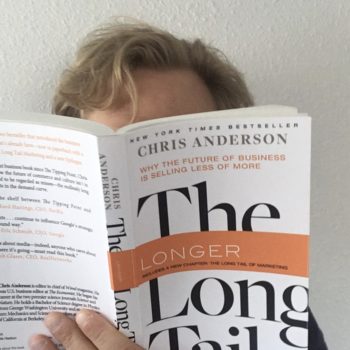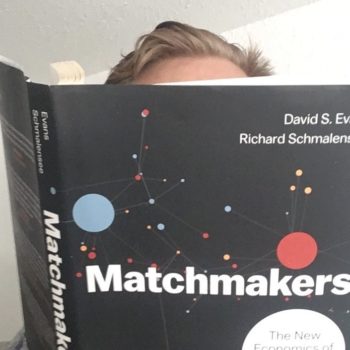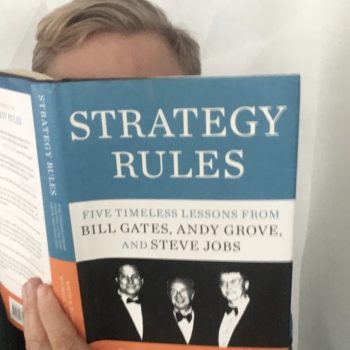
The Long Tail
Why the Future of Business is Selling Less of More
Categories:
Product Manager,
Designer
How strongly do I recommend The Long Tail?
6 / 10
Review of The Long Tail
The Long Tail is a decent read, but too long by half.
Because this book was written in the early 2000s, you’ll need to abstract out the concrete examples provided in order to apply them in a modern context. For instance, MP3s taking over CDs is an interesting story worth knowing but requires some mental jiu-jitsu in modern applications.
Niches are the new big market
The central thesis of The Long Tail is that the monopoly of hits is dead and niches are the new big market.
We’ll always have hits, for instance the NY Times Best Seller list. But advancements in production and distribution tools create opportunity for other options. For you to buy not just a few hundred or thousand books located in your bookstore, but millions of books on Amazon and elsewhere.
Open the tools of production to everyone
Good production tools turn consumers into producers.
Sometimes the line between production tool and distribution tool is blurred. Instagram is both a production tool, allowing you to create content via Stories and Reels, but also a distribution tool.
Authenticity comes from amateur intentions
Anderson makes the important point that most long tail content starts out without commercial intent. It’s just people creating things for personal reasons – hobby, attention from others, altruism, whatever. This purity makes their creations feel authentic and trustworthy.
Authored in 2006, this book sees a lot of potential in blogs. At the time Anderson’s optimism made sense because blogs were still amateur. Then something happened.
Brands started realizing the importance of the internet and specifically of Google. SEO became an entire industry. And blogs went commercial.
Today, most blogs are written for Google’s consumption not ours. And the blogs written for our consumption are written by big companies, with all the corresponding sliminess of upselling you on some product you don’t need or telling you how great their company is.
I want the blogs of 2005 back – individuals writing useful posts without trying to sell you on something, presented in a relatively crude design, and accessible via RSS.
Physical retailers are constrained by shelf space
A physical store like Walmart or Barnes & Noble has limited shelf space, so they focus on presenting the best selling items, the ones with mass appeal.
Online retailers don’t have that problem. Their marginal cost of selling an additional product is effectively zero particularly if they’re only a go-between for sellers and buyers, not actually managing the inventory or shipping.
Popularity within groups, not across groups
Builders of marketplaces should focus on popularity within increasingly niche groups – think Top 50 Books for SaaS Engineering Managers, not Top 50 Business Books.
Niche collections are much more likely to provide value to potential customers.




